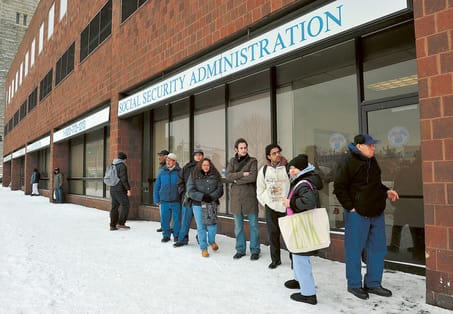In a dramatic turn of events in South Korea’s political landscape, Defense Minister Lee Jong-sup has resigned amid increasing calls for his impeachment. The move comes as opposition parties intensify their efforts to hold the government accountable for its handling of national security issues, particularly concerning North Korea’s military provocations and the state of the South Korean military’s readiness.
The push for impeachment gained momentum after a series of controversial statements made by Lee regarding military readiness and defense strategies. Critics have accused him of failing to adequately respond to North Korea’s recent missile tests and provocations, which have raised alarm both domestically and internationally. The opposition Democratic Party of Korea has been vocal in its criticism, citing a lack of transparency and accountability in the defense ministry’s operations.
Lee’s resignation was announced during a press conference where he expressed regret over the current political climate and the challenges facing the defense ministry. He stated, “I take full responsibility for the current situation and believe that a change in leadership is necessary for the stability of our defense policies.” His resignation is seen as an attempt to quell the rising tensions and restore some degree of confidence in the government’s ability to manage national security.
The political fallout from Lee’s resignation is expected to be significant, with many analysts predicting that it could lead to further instability within President Yoon Suk-yeol’s administration. The president, who has faced criticism for his handling of various issues, including the economy and foreign relations, now faces an uphill battle to maintain support within the National Assembly.
As the opposition continues to push for impeachment, the ruling party is scrambling to regroup and address the concerns raised by both the public and political analysts. The situation remains fluid, with potential implications for South Korea’s defense strategy and its relations with neighboring countries, particularly in light of North Korea’s aggressive posture.
The resignation of the defense minister marks a pivotal moment in South Korea’s political landscape, highlighting the growing discontent among citizens regarding their government’s handling of key issues. As the nation watches closely, the coming weeks will be critical in determining the future of the current administration and its ability to navigate the complex challenges ahead.



